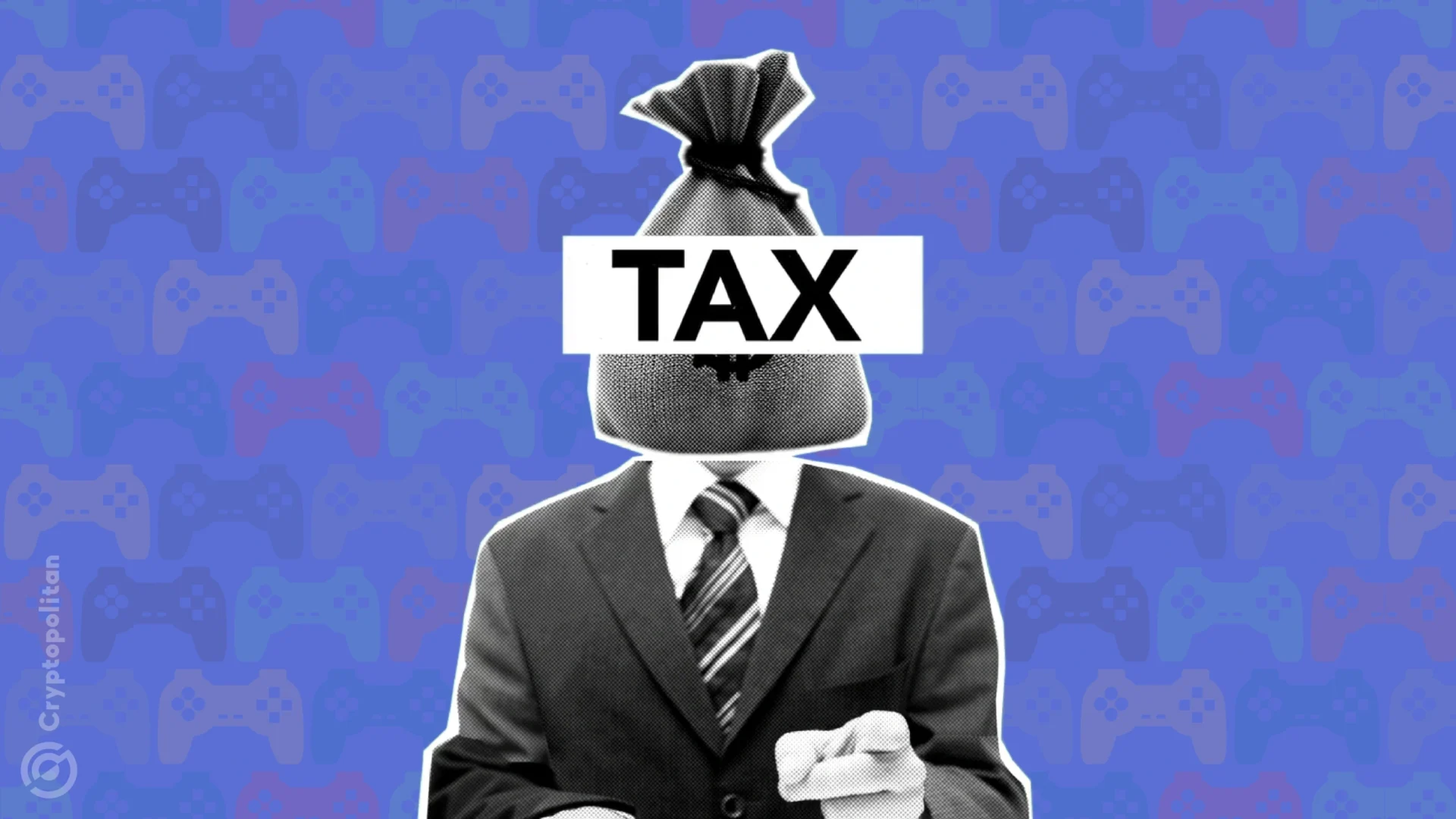Steam is set to introduce local sales taxes on market transactions involving games bought from its online store. The taxes will apply to specific states within the US where they are mandated. Gamers and developers were quick to show their displeasure at the new tax, calling it “theft.”
Valve, the company behind Steam, is set to introduce the collection of local sales taxes on market transactions. The taxes will be assessed based on the market fees as mandated by the state laws in the purchaser’s area of residence.
Steam has grown to become one of the largest digital game stores worldwide. Through the platform, gamers can purchase over 3000 digital versions of the available games and their exclusive packages. Developers can also release their games online and get useful feedback from the Steam community. However, recent moves to increase tax collections from the platform have resulted in negative sentiments among gamers and developers around the world.
Steam introduces local sales taxes
Steam is working on collecting local sales taxes on market transactions. Sales tax mandated by local tax authorities is assessed on market fees only.
As far as we can tell this may only apply to some U.S. states for now. pic.twitter.com/blCrI3GY22
— SteamDB (@SteamDB) October 23, 2024
Steam’s new check-out screen will enable gamers to view how much local sales tax is charged for their purchase by providing them with the exact figure deducted. The new feature will also enable gamers to know if their region of residence is within the states where local sales tax is mandated.
The new tax comes as part of the US government’s measures to increase its collection of indirect taxes. In this case, the indirect sales taxes collected vary from one state to another.
The definition of digital goods in the state’s laws determines if they are taxable. In some states, such as Montana and Nevada, digital goods, such as video games, are exempt from taxation. Conversely, some states, such as California, Alabama, and Louisiana, charge the highest sales tax of 7.25%, 5.29%, and 5.11 %, respectively.
The new taxes introduced on Steam are contrary to what many gamers consider proper. In this context, gamers argued that the government only collected sales tax online when the business had a physical presence, or “nexus,” in a state.
However, after a ruling made by the US Supreme Court in June 2018, the exemption was changed. Gamers speculated that the introduction of the local sales tax on Steam was an attempt to realign the platform with the requisite tax measures in the US.
Gamers respond negatively to the new tax
Online gamers quickly responded to the news of introducing the local sales tax on Steam. Most comments were against the inclusion of the new levy.
Comments mentioned that the digital version of games should not be subjected to such taxes, with one user comparing the new tax to “taxing monopoly money.” Some gamers went as far as declaring that they would stop using Steam’s marketplace.
“Sounds like you will only need to pay local taxes on the market fees itself, thank god its not on the sales price of the item.”
More comments broke down the tax situation, especially when discussing how taxes were levied on games across international jurisdictions. Most gamers expressed their confusion as to how the new tax would work in regions such as Canada. According to one Canadian gamer, the new tax was enabled in Canada as well.





